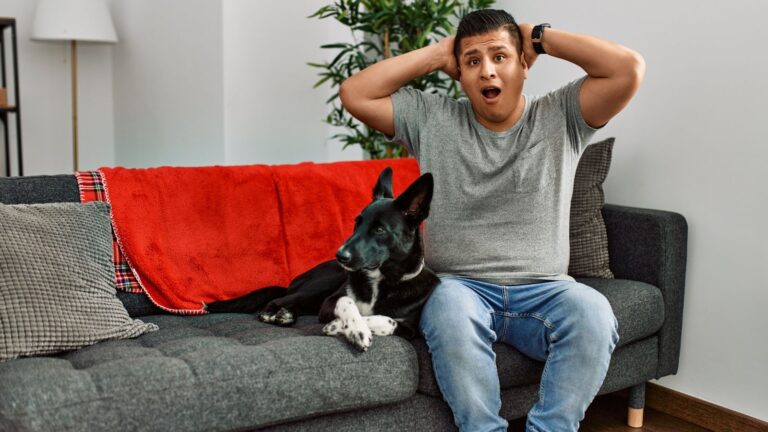Dogs are beloved pets all over the world, but here in the UK, we’re particularly fond of them. You probably have countless delightful dogs in your life, and you no doubt want to ensure they have the best life possible. However, it’s quite possible that you’re doing some things that really aren’t in your best interest without realizing it. To show you what we mean, here is a list of big mistakes many dog owners are inadvertently making.
Skipping Regular Vet Visits
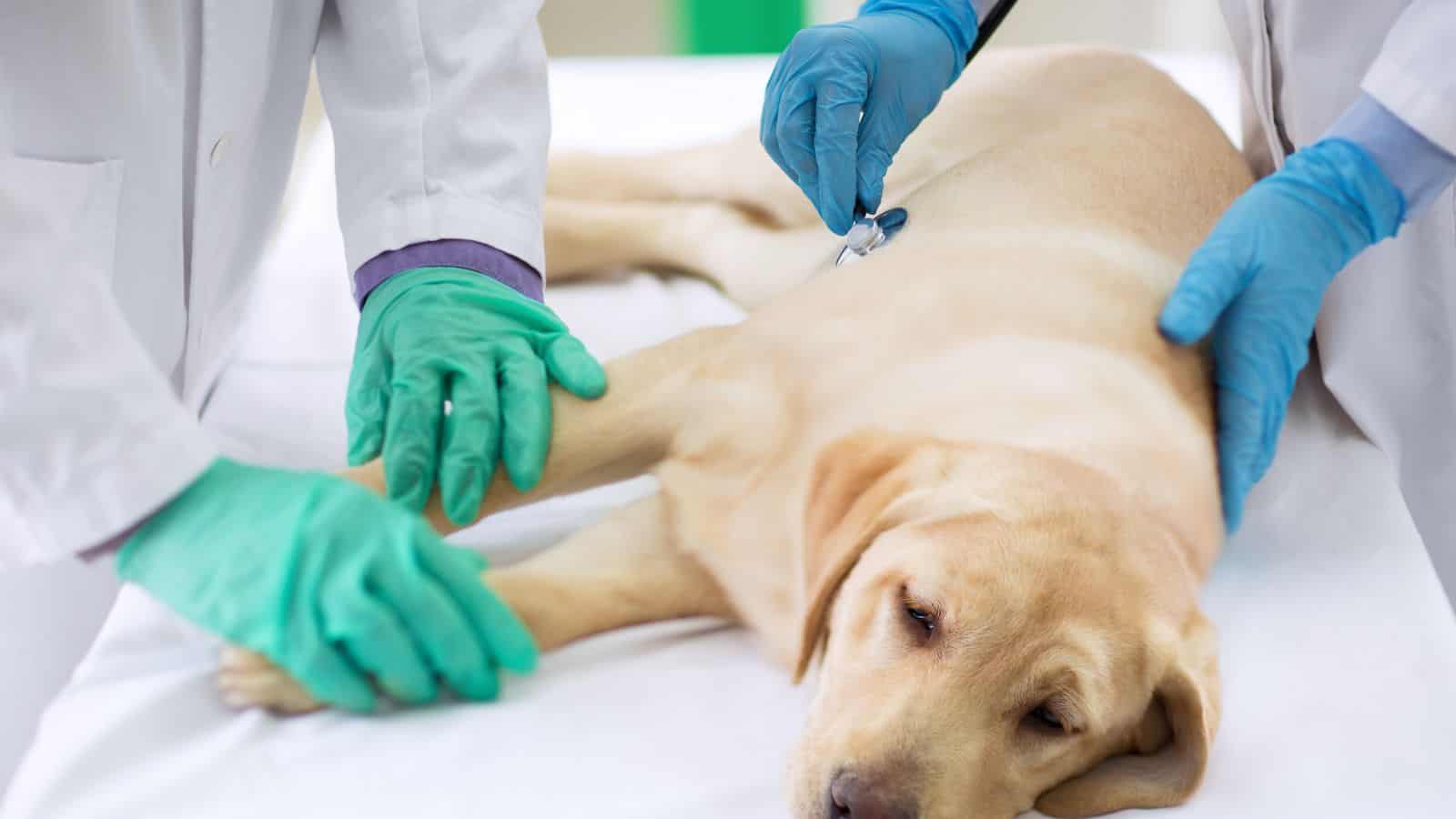
Nobody likes visiting the vet, especially dogs, but some dog owners wait until their pet seems unwell before visiting the vet, which really isn’t good. As Purina UK explains, regular check-ups are essential for early detection of health issues, vaccinations, and preventative care. So, even if your dog appears healthy, routine vet visits help maintain their overall wellness and can prevent more serious problems down the line.
Not Socializing Your Dog

You should already be aware that socialization is crucial for your dog’s development. Dogs that aren’t exposed to various environments, people, and other animals may develop anxiety or aggression–just like humans. Early and consistent socialization helps them become well-rounded and confident, so it’s important to introduce new experiences in a controlled, positive way to build their comfort.
Overfeeding or Free Feeding
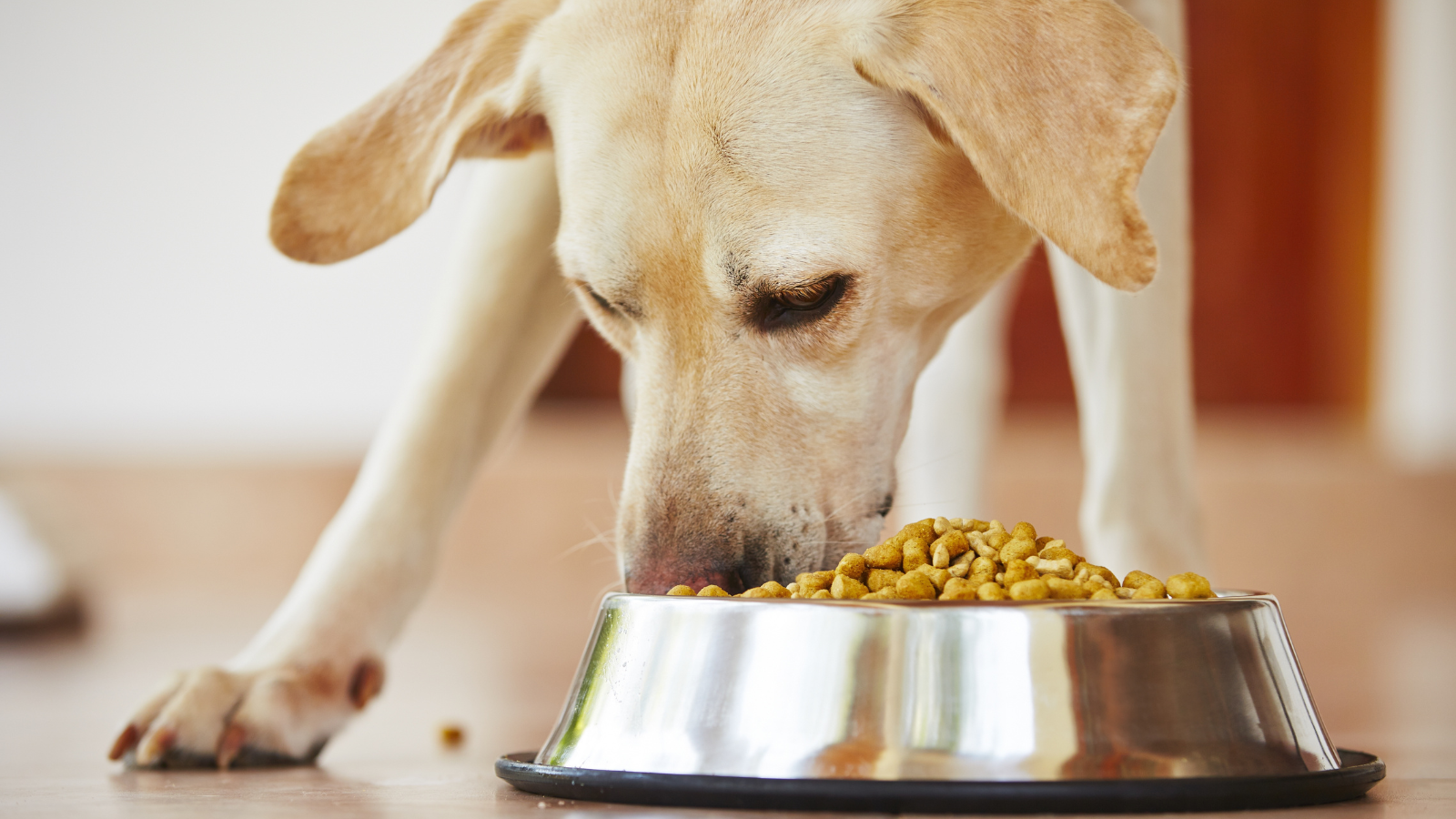
Many owners struggle with portion control, leading to overfeeding or leaving food out all day. This can contribute to obesity, which poses significant health risks for dogs. Understanding your dog’s dietary needs and sticking to a feeding schedule helps maintain a healthy weight and prevents related health issues, so don’t overlook this, no matter how much you love to see them enjoy their food.
Neglecting Dental Care
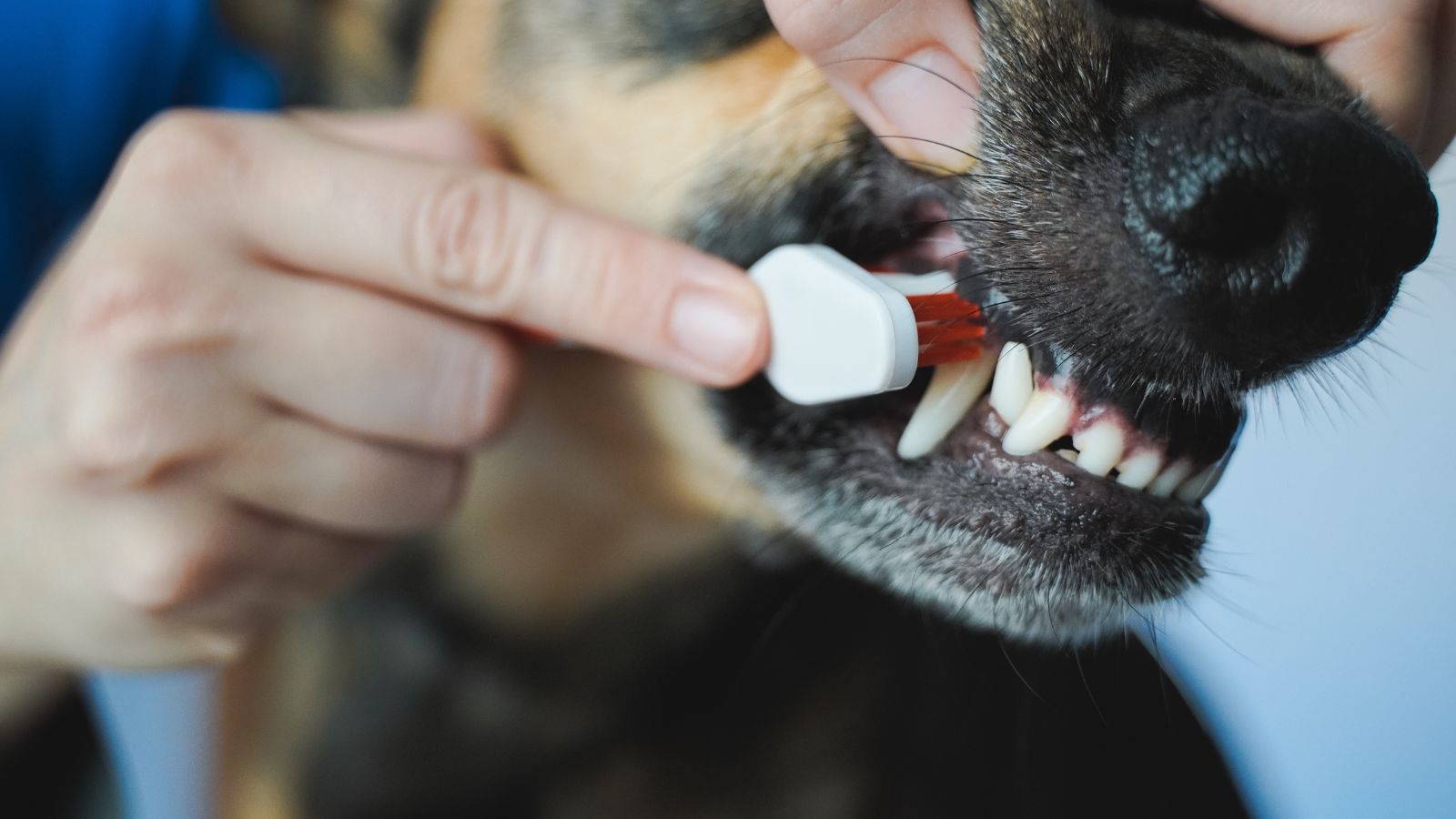
It’s very common for the dental health of dogs to be overlooked, but that shouldn’t be the case–it’s an important part of your dog’s overall care. Neglecting to brush their teeth or provide dental chews can lead to gum disease, tooth loss, and other health complications. Regular brushing and routine dental check-ups can keep their teeth and gums in good condition, so start introducing it into your dog’s routine if you haven’t already.
Not Providing Enough Exercise
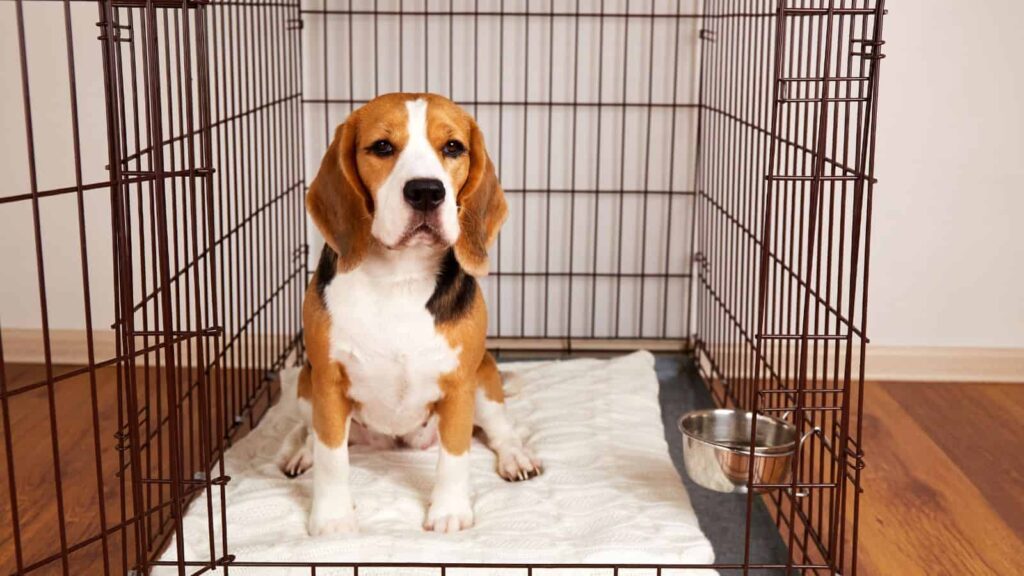
Dogs need regular exercise to stay healthy and happy, and sadly, insufficient physical activity can lead to obesity, boredom, and behavioral problems. Each breed has different exercise requirements, so it’s important to provide your dog with enough opportunities to burn off energy, whether through walks, play, or other activities.
Using Physical Punishment

It should go without saying that physical punishment will harm your dog’s trust and create fear-based behaviors, so just don’t do it. Positive reinforcement, like treats and praise, is a far more effective way to encourage good behavior. Training should focus on rewarding the behaviors you want to see rather than punishing unwanted actions, building a stronger bond between you and your dog.
Ignoring Behavioral Issues

Excessive barking, aggression, or any other behavioral issues are often signs of underlying problems, so don’t just ignore them. Doing so won’t make them go away and can lead to more serious issues, so try to address behavioral concerns early with training or by consulting a professional, helping to correct them before they become ingrained.
Failing to Set Boundaries
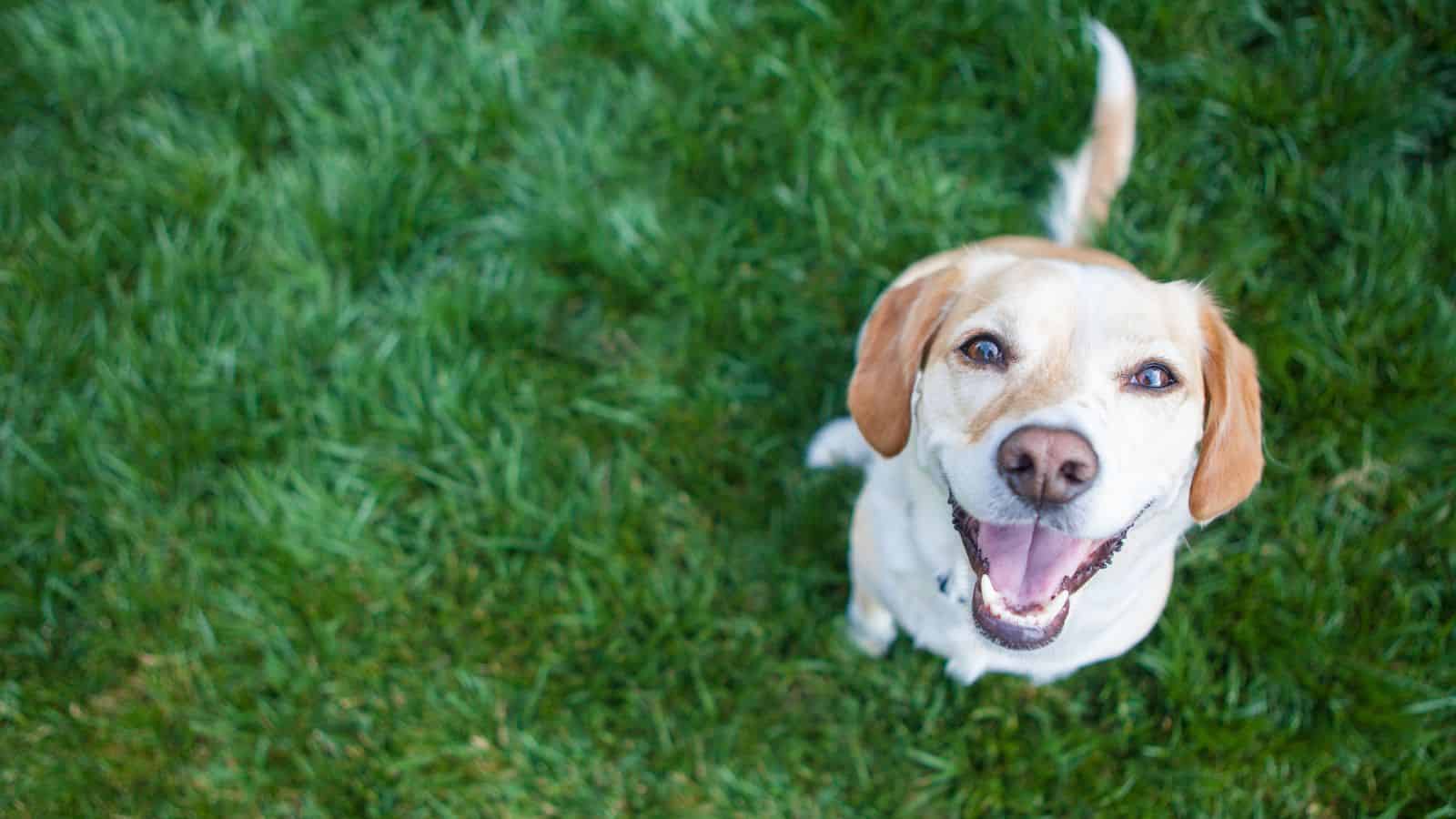
Dogs thrive on structure and consistency, so without clear boundaries, they may develop habits that are hard to break, like jumping on furniture or begging for food. Establishing rules from the beginning helps your dog understand what’s expected of them and creates a more harmonious living environment for everyone. No matter how adorable they are, you shouldn’t just let them rule the roost.
Not Providing Mental Stimulation

Mental stimulation is just as important as physical exercise for dogs. They need activities that challenge their minds, such as puzzle toys, training exercises, or new experiences. Without enough mental engagement, dogs can become bored and destructive. Therefore, it’s a wise idea to regularly introduce new activities to help keep their minds sharp and prevent unwanted behaviors.
Choosing the Wrong Food
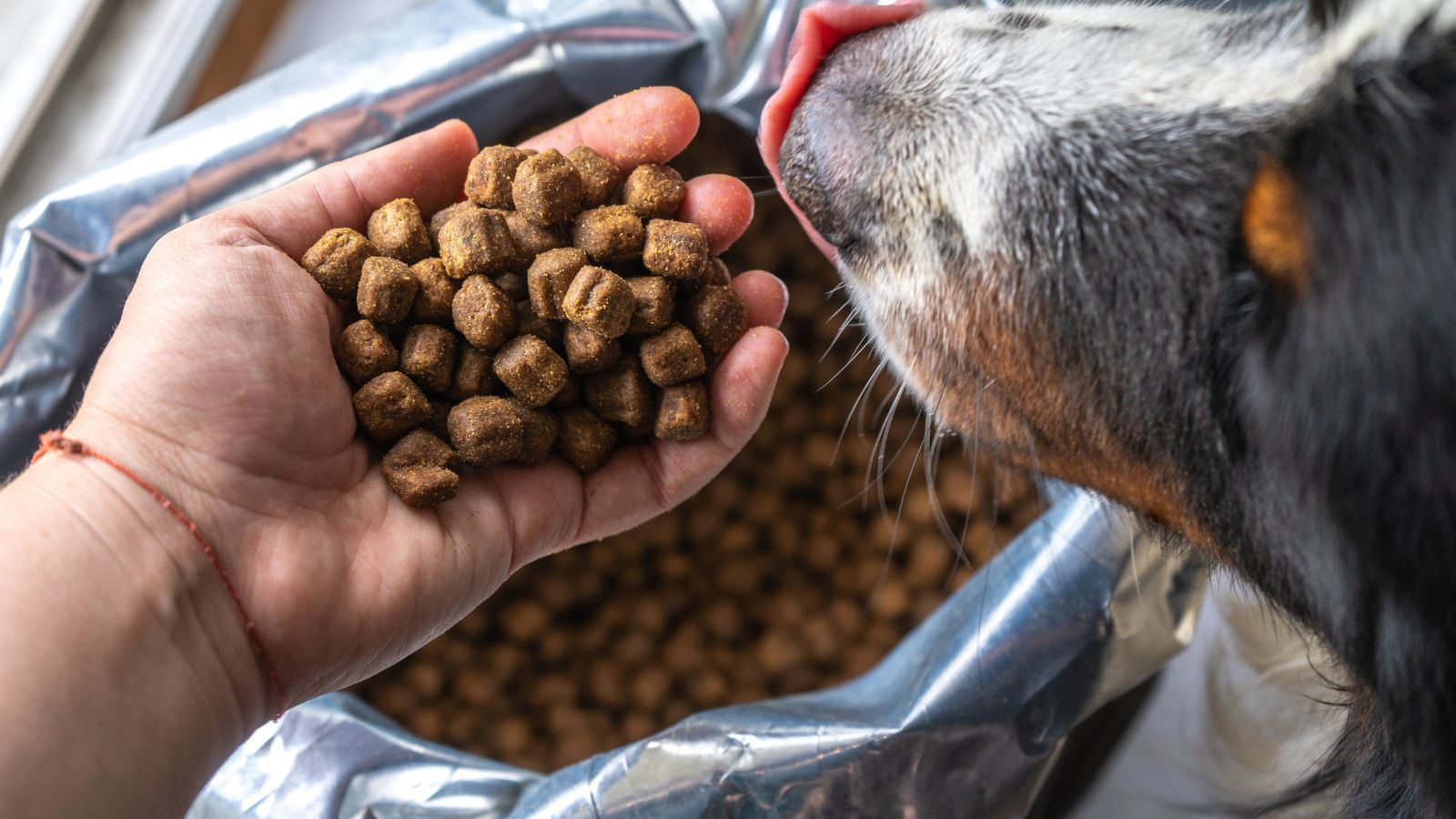
We all love giving our dogs treats here and there, but be careful not to overdo it; feeding your dog the wrong type of food can lead to nutritional imbalances and health problems. You’ve got to select a diet that meets your dog’s specific needs, taking into account factors like age, breed, size, and activity level. When in doubt, consulting with a vet can help ensure you’re making the right dietary choices.
Skipping Training

Another common mistake that dog owners make without realizing is skipping training for their dog. Training is a key component of responsible dog ownership, and skipping it can result in a dog that’s difficult to manage and may develop undesirable behaviors. Consistent training, even for basic commands, helps build a foundation of good behavior and communication, making life easier for both you and your pet.
Ignoring Breed-Specific Needs

Different breeds have different needs, including those regarding exercise, diet, grooming, and more. Overlooking these specifics can result in a dog that’s unhappy or unhealthy, so remember: not all dogs require the same care. Researching your dog’s breed and understanding their unique needs ensures that you can provide the appropriate care, leading to a better quality of life for your pet.
Neglecting Grooming
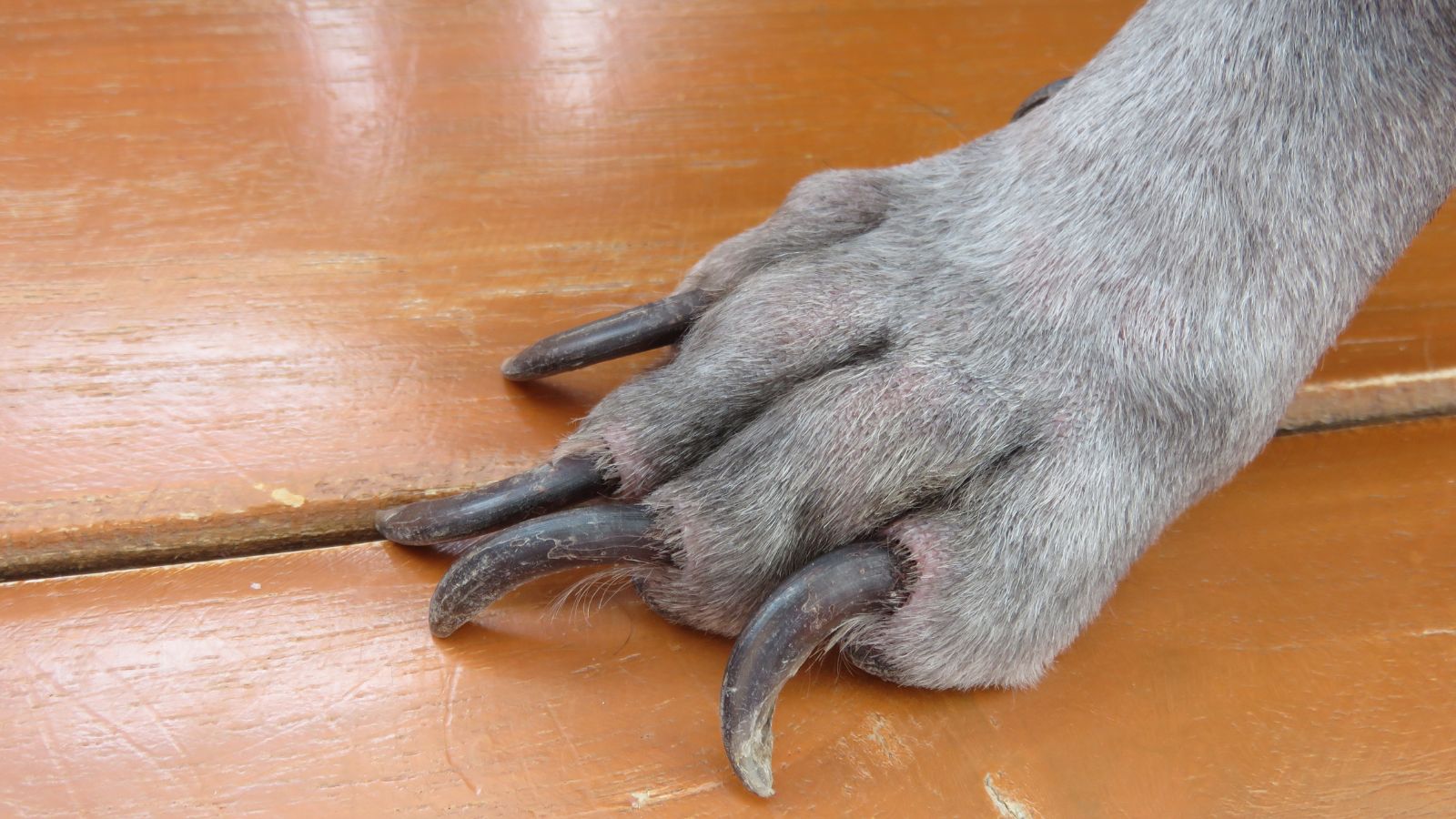
Contrary to popular belief, grooming isn’t just about keeping your dog looking good; it’s essential for their health. Regular brushing, nail trimming, and bathing prevent matting, skin issues, and other health problems. Establishing a grooming routine that suits your dog’s coat type and lifestyle can help keep them comfortable and in good condition.
Not Using a Proper Collar or Harness
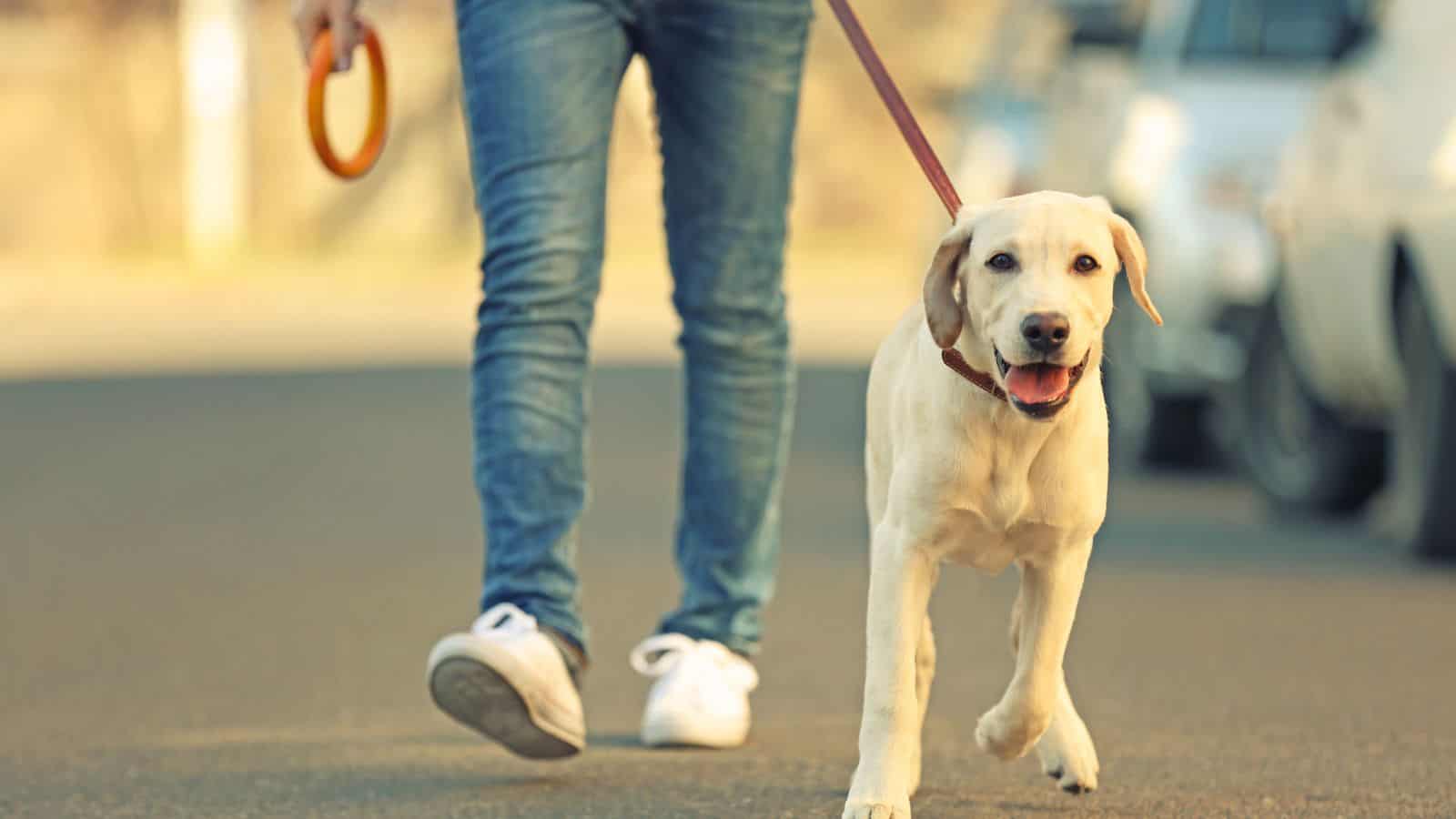
When you use the wrong type of collar or harness on your do, it can cause them discomfort or even injury. Therefore, it’s very important to select the right size and style that suits your dog’s breed and activity level. A well-fitting collar or harness ensures your dog’s safety during walks and helps prevent pulling or choking.
Leaving Your Dog Alone for Too Long

Dogs are social animals and can suffer from separation anxiety if left alone for extended periods, so don’t leave them without companionship or activities for too long, or it’ll lead to destructive behaviors and stress. Ensuring your dog has company, whether through a pet sitter, dog walker, or daycare, helps meet their social needs.
Not Microchipping or ID Tagging
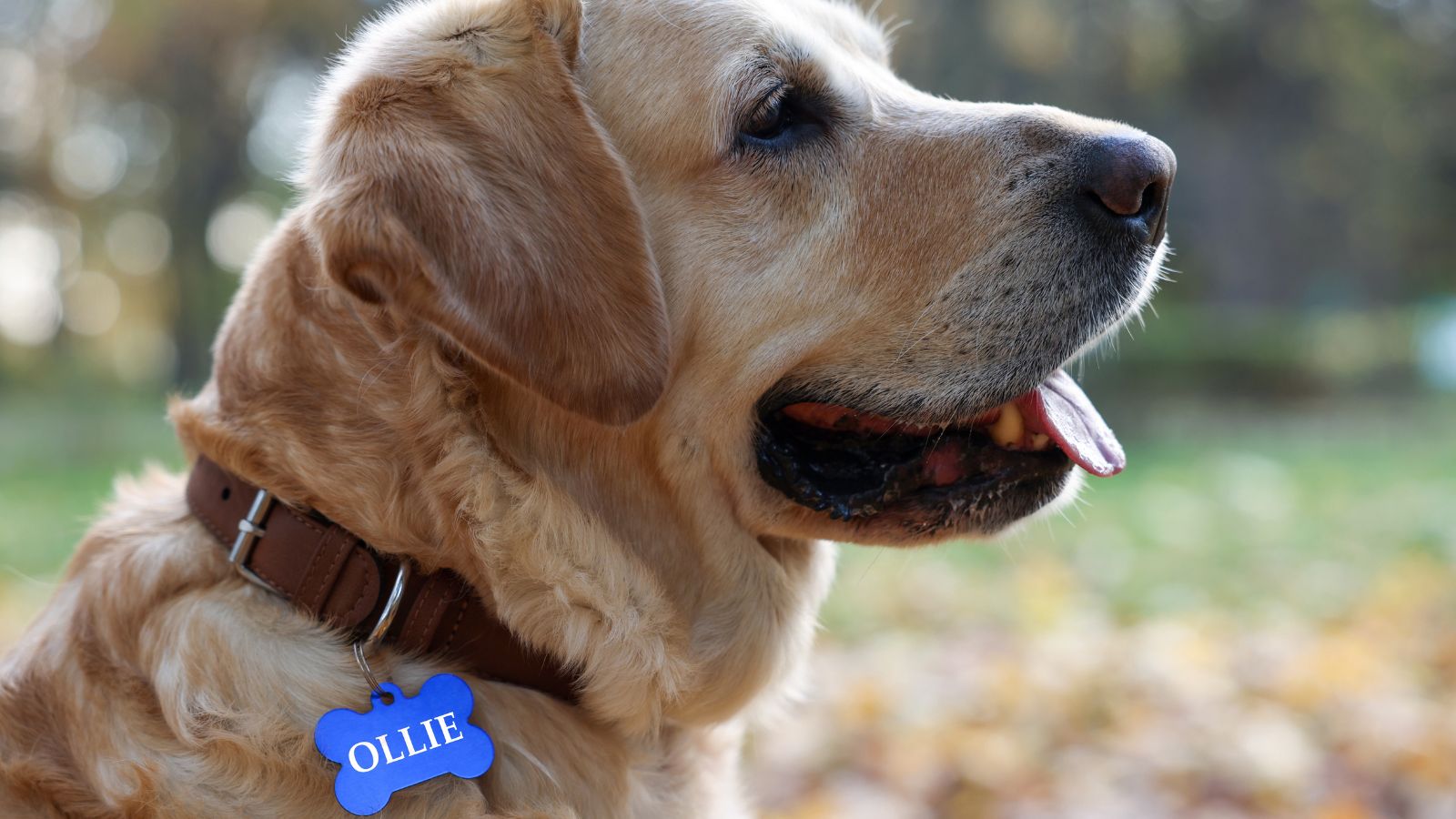
It’s a common blunder for dog owners to fail to microchip or use ID tags, making it difficult to reunite with their dog if they get lost. That’s a dog owner’s worst nightmare, yet it’s an all too common situation. So, don’t forget to microchip them, providing a permanent form of identification and a collar with up-to-date tags, which offer important information.
Feeding Inappropriate Human Foods

We briefly mentioned this earlier, but while it might be tempting, feeding your dog human food can lead to serious health issues. Many foods that are safe for humans, like chocolate or grapes, are toxic to dogs, and it’s essential to understand which foods are harmful and avoid sharing them with your pet. To be super safe, just stick to dog-safe treats.
Not Providing Enough Water

Water is essential for your dog’s health, yet it’s easy to overlook providing fresh water consistently. Dehydration can lead to serious health issues, especially in hot weather or after exercise. Remember to always ensure your dog has access to clean, fresh water, and they’ll be much happier for it.
Not Adjusting Care for Age
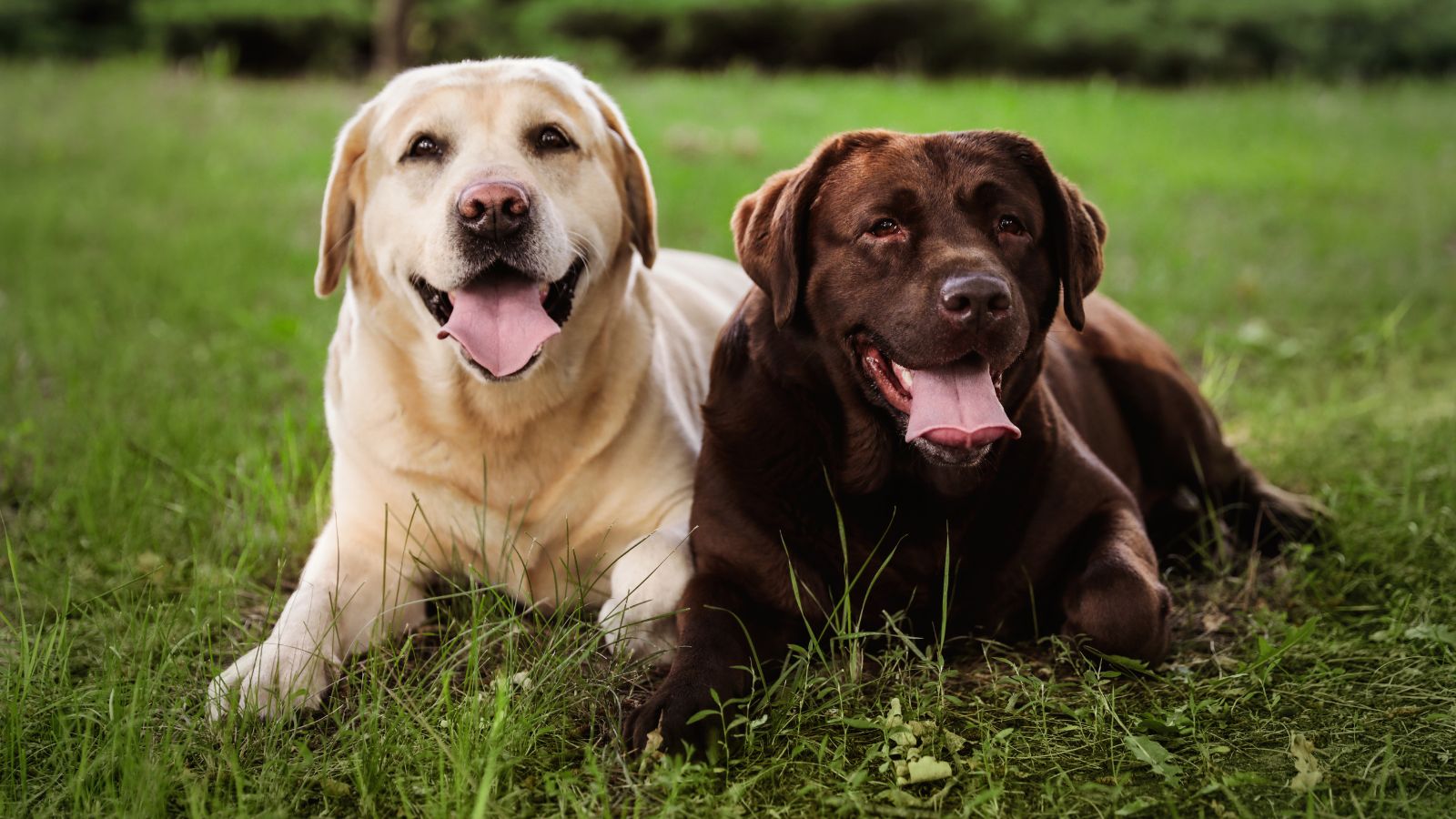
As dogs age, their needs change. Older dogs may require different diets, exercise routines, or more frequent vet visits. Ignoring these changes can affect their quality of life, so make sure you’re paying attention to your dog’s changing needs and adjusting your care accordingly, helping them to stay comfortable and healthy as they grow older.
Ignoring Weather Conditions

Weather conditions can greatly affect your dog’s comfort and safety; for example, extreme heat or cold can pose serious health risks, so it’s important to adjust their care accordingly. Providing shade, hydration, and appropriate clothing in winter or limiting outdoor time during extreme weather helps protect your dog from weather-related health issues. Your dog will no doubt thank you for remembering this important detail.
Overlooking Flea and Tick Prevention

Finally, remember that fleas, ticks, and other parasites can cause significant discomfort and health problems for your dog, so don’t neglect to take regular preventative measures. Using vet-recommended flea and tick prevention products on a regular schedule keeps your dog protected and reduces the chance of these pests becoming an issue. They might not like you using it at the time, but they’ll be grateful in the long term for what you did.

